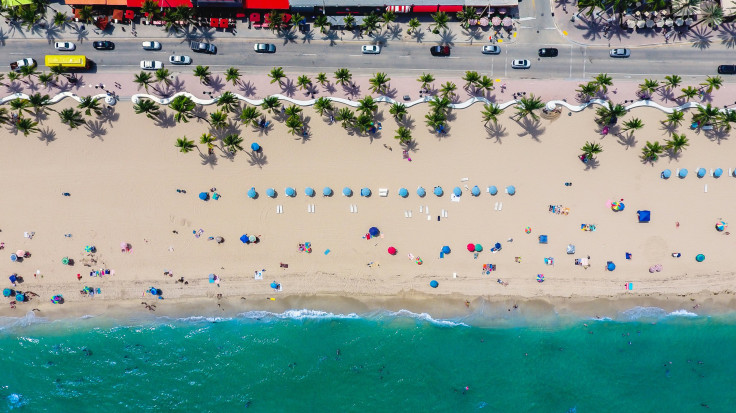Government Officials Say States Like Texas, Arizona Reopened Too Quickly Despite Coronavirus Warnings

Roughly two months after many states moved forward with reopening plans, cases of COVID-19 have spiked considerably in several states. A number of state and city officials have come out and said that they moved to reopen their economies too quickly, with local residents moving to socialize in large numbers as if the virus was completely under control, likely contributing to this new wave of infections.
“There's no doubt ... that when we reopened, people started socializing as if the virus didn't exist,” Miami Mayor Francis Suarez said in an interview Sunday with ABC's "This Week."
“Wishful thinking is neither good economic policy, nor good public health policy,” Texas Judge Lina Hidalgo said on "This Week." “If we had stayed shut down for longer and opened more slowly, we would probably be in a more sustainable place in our economy.”
Florida and Texas have been the two states most impacted by this recent wave of coronavirus cases. According to Johns Hopkins University, Texas has nearly 195,000 confirmed cases while Florida has seen over 200,000.
According to a CNN report, in addition to reopening too quickly, Florida also failed to sufficiently execute contact tracing for confirmed COVID-19 patients. Speaking with 27 patients in Florida, only five reported that health officials reached out to them for their contacts.
With 32 states struggling against the rise in cases, health experts have also pinned a portion of the blame on Americans disregarding public health protocols, especially over major holiday weekends like Memorial Day and the Fourth of July. Both weekends saw beaches and other destinations flooded with people, who often failed to practice social distancing or wear masks.
“We are in free fall,” said Dr. Rochelle Walensky, chief of infectious diseases at Massachusetts General Hospital. “You see the footage of what happened this past [Fourth of July] weekend. And people are either naive to the influence of their actions, or they're simply resigned to ignore it.”
© Copyright IBTimes 2025. All rights reserved.





















